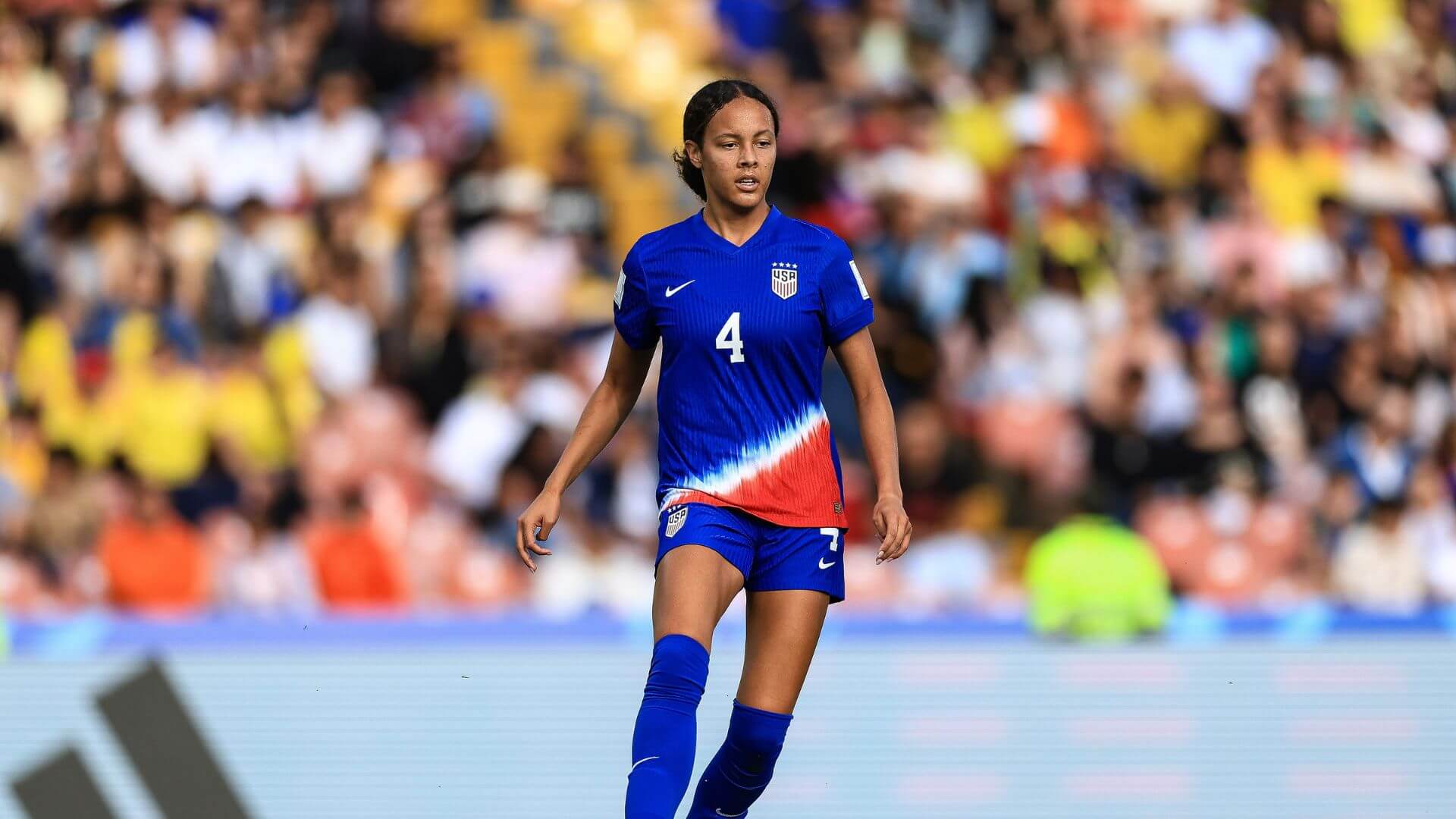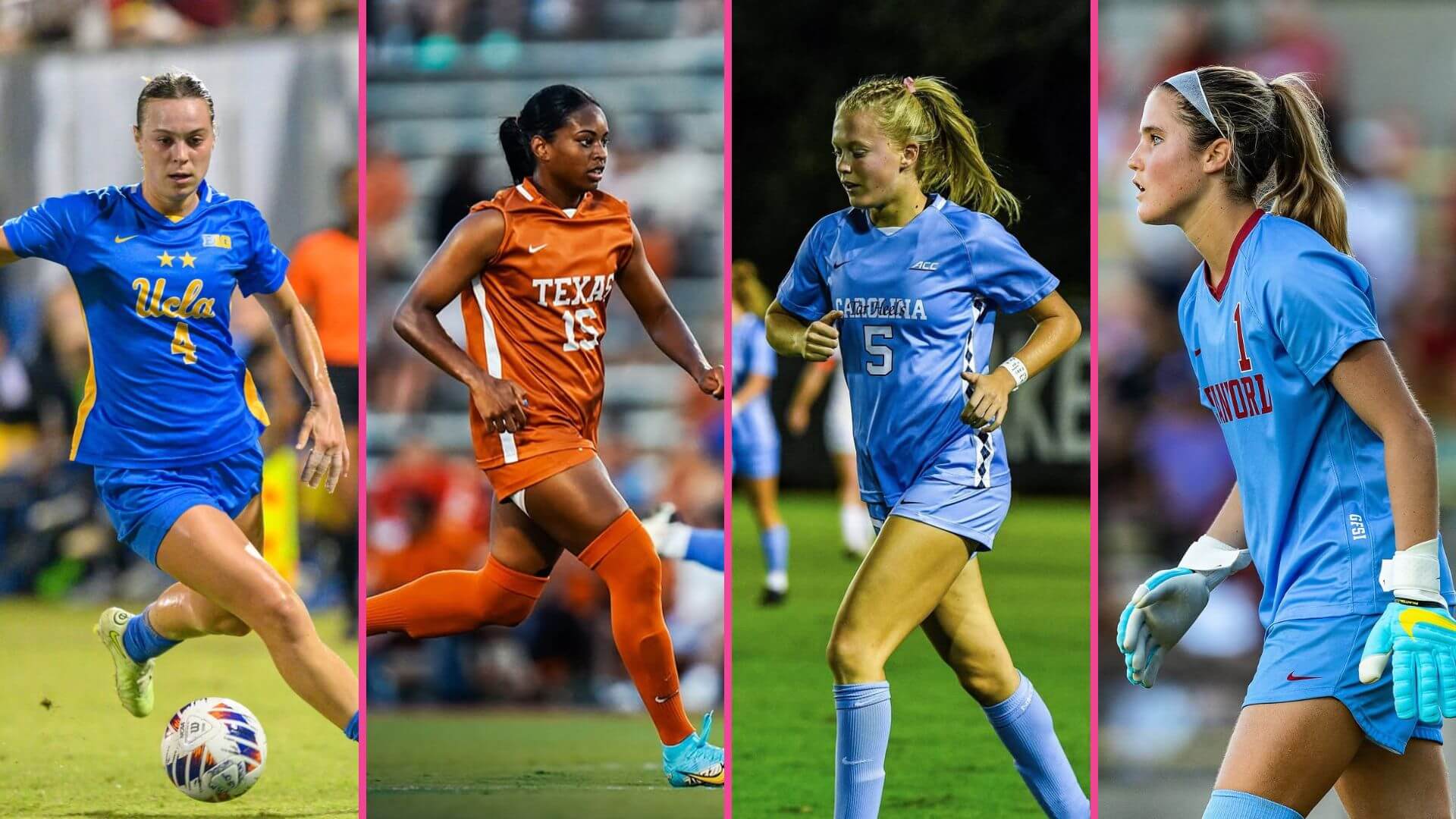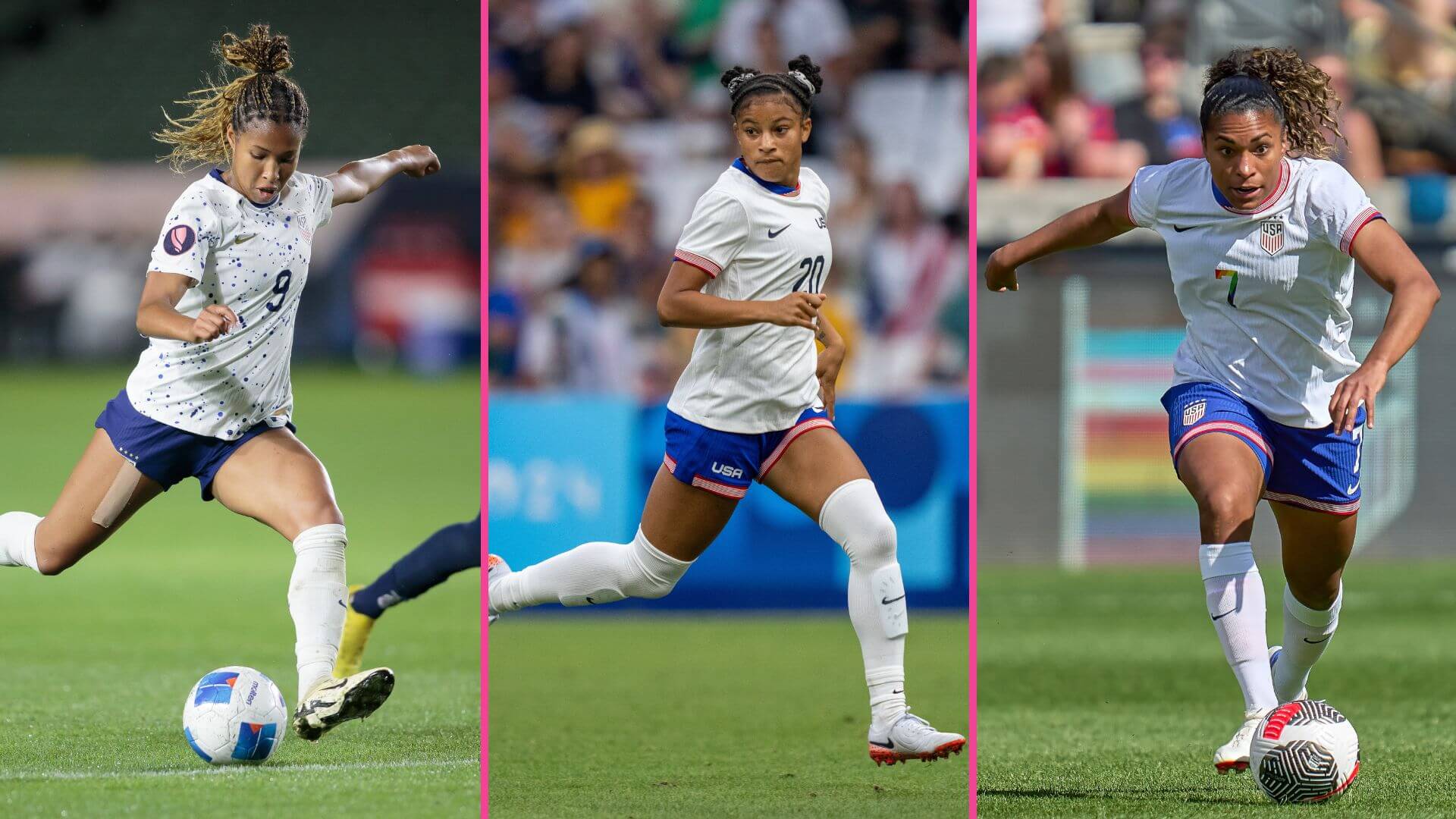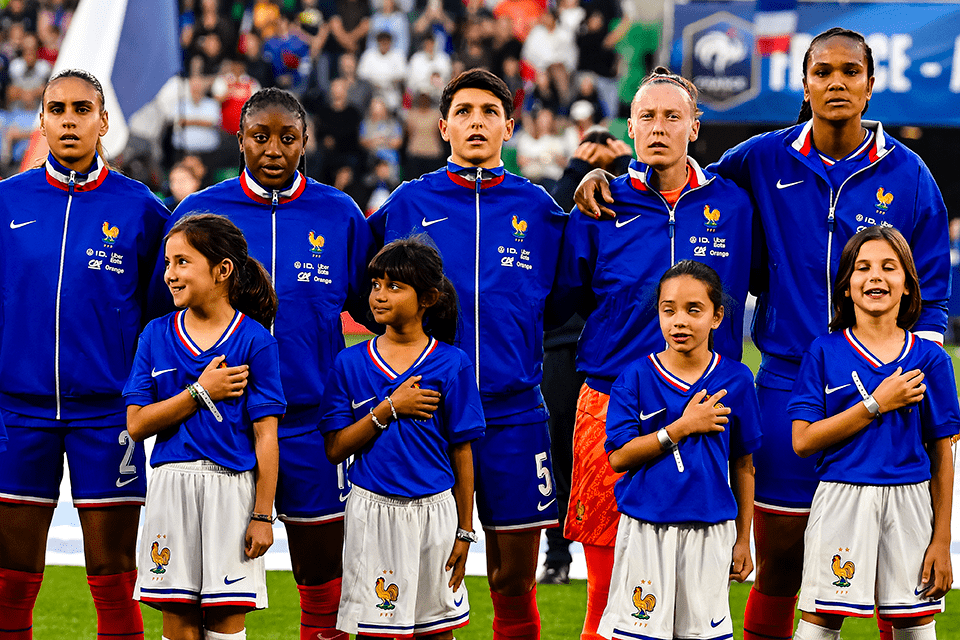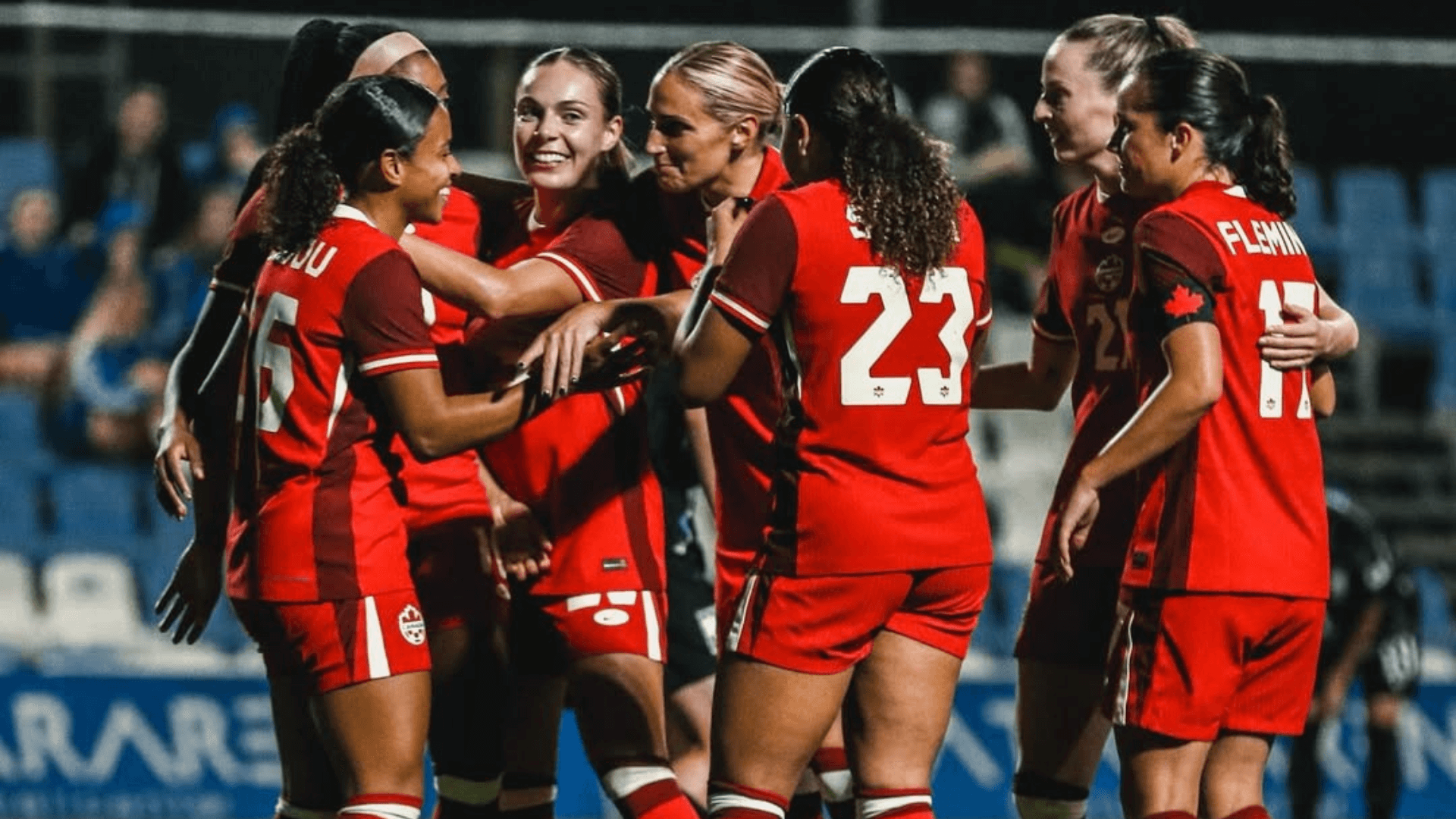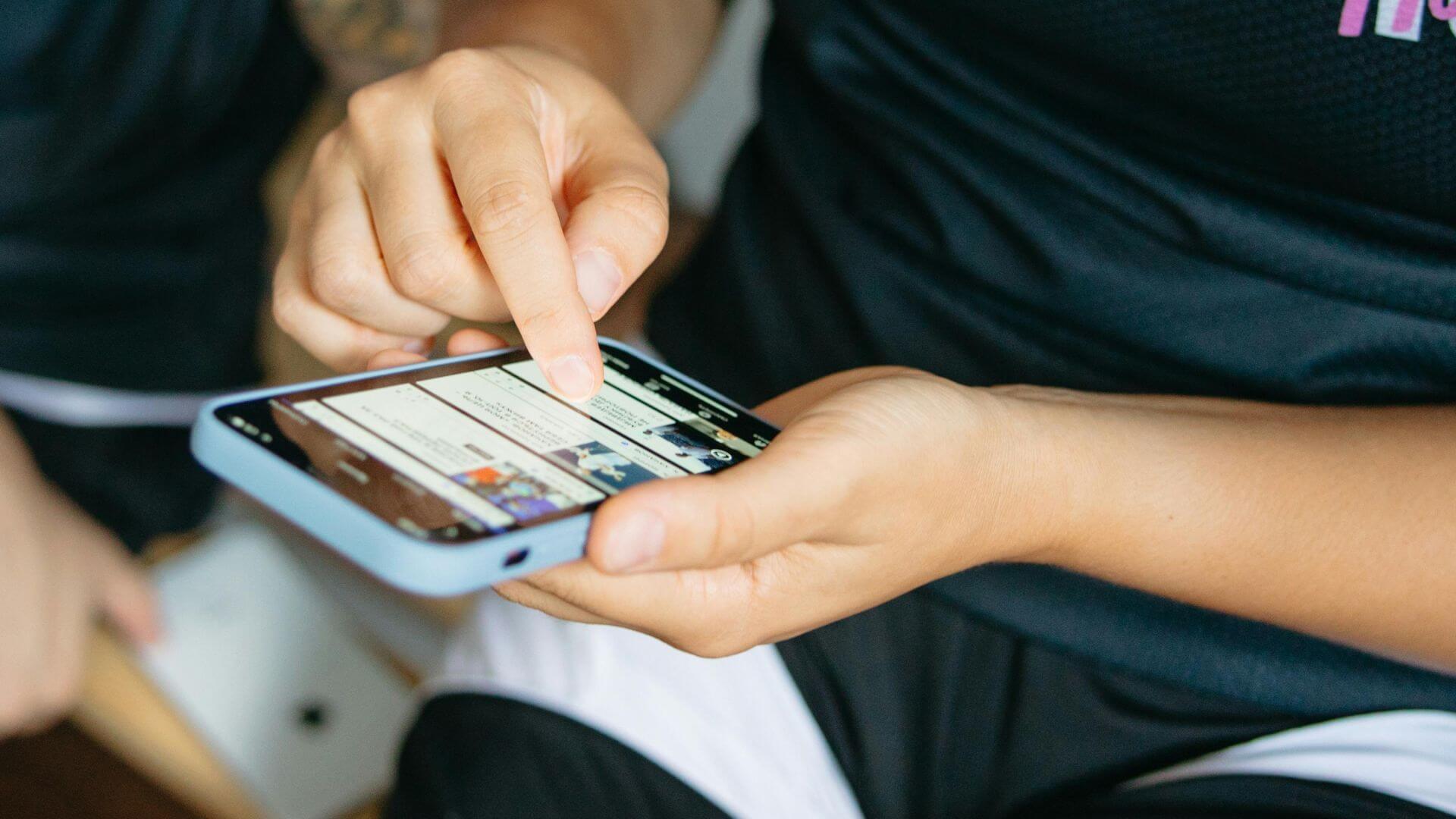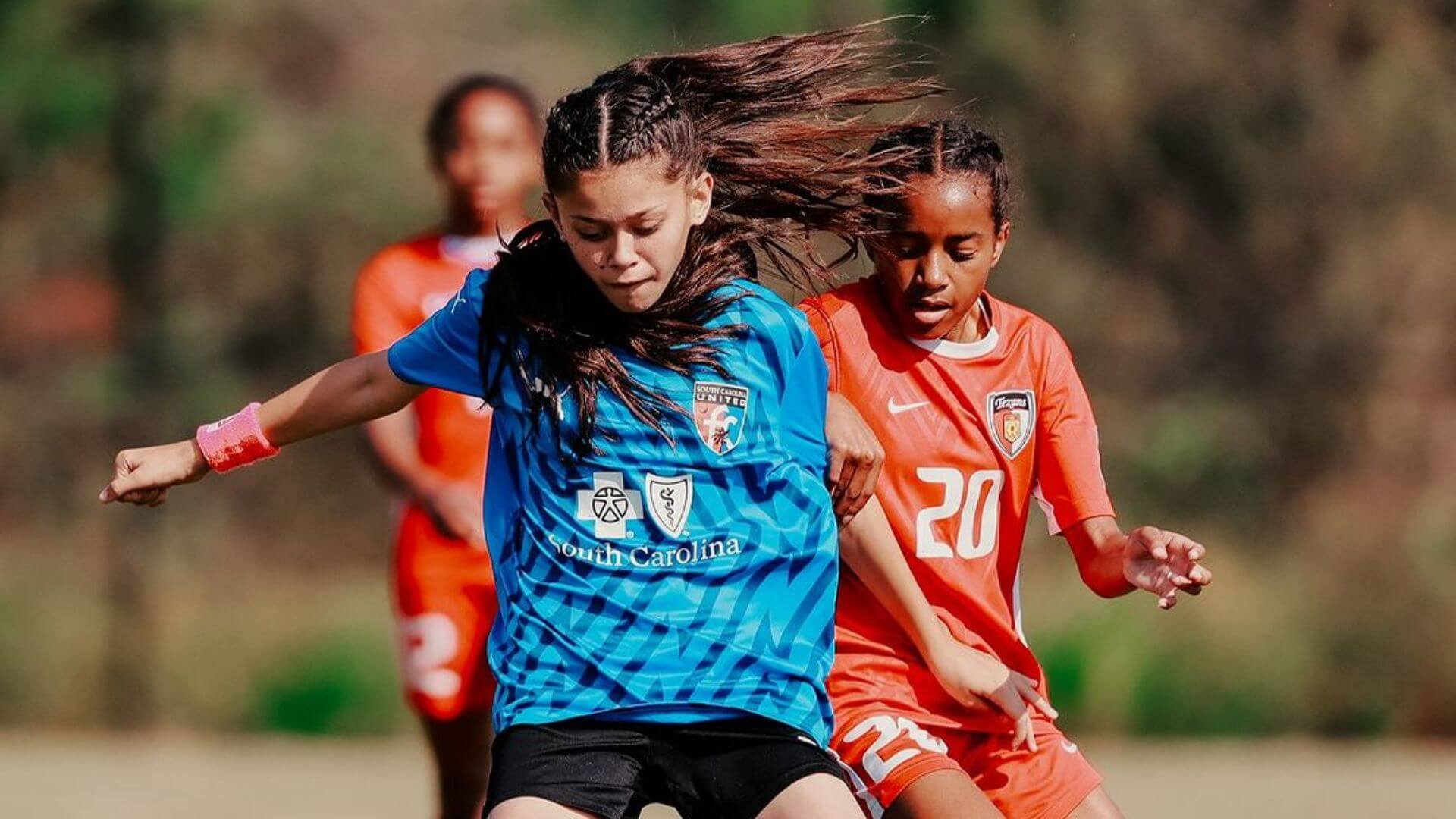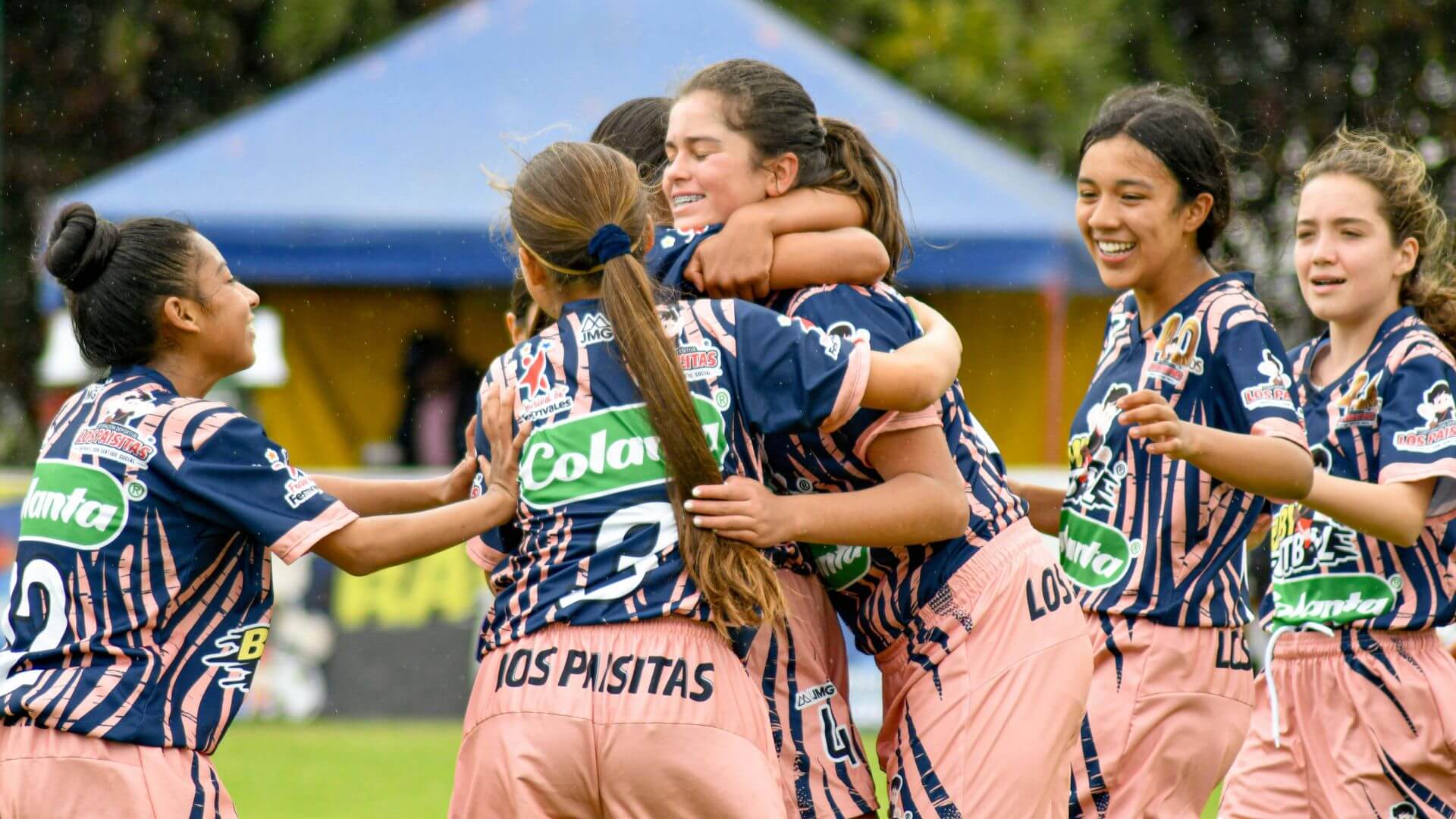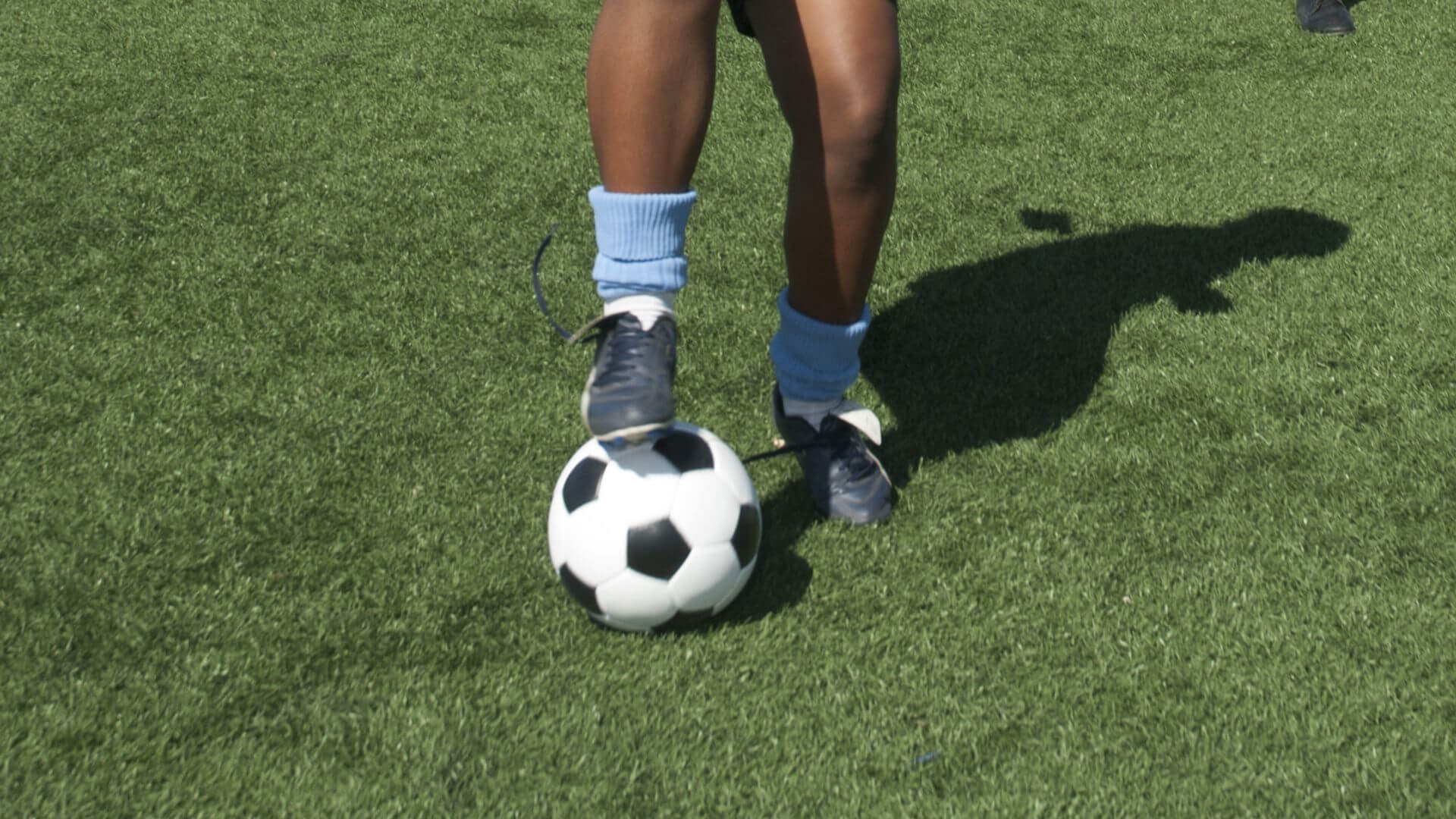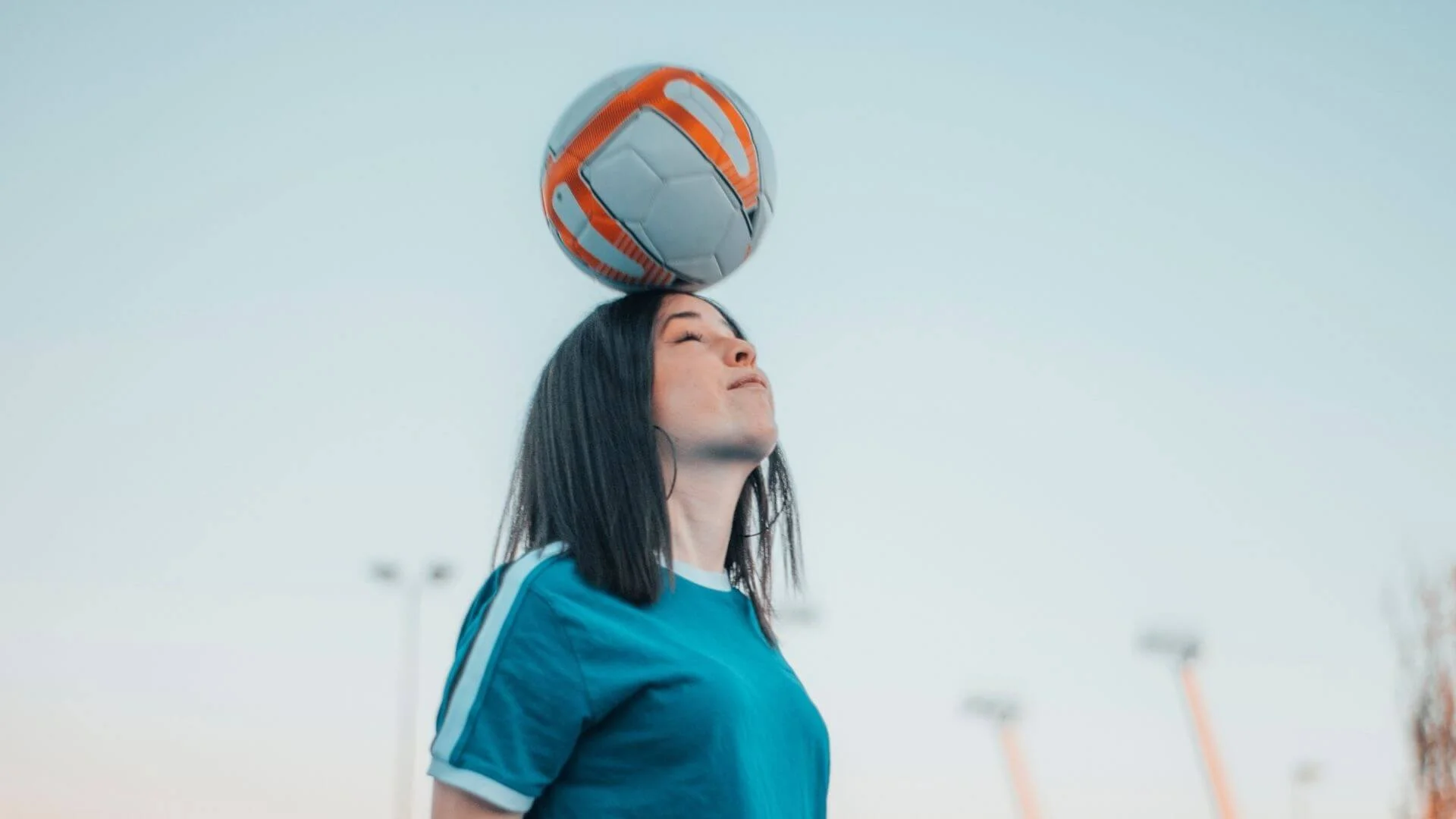How The NWSL Has Represented the LGBTQ+ Community Over the Years
In honor of Pride Month, we look at how the NWSL has treated its LGBTQ+ players and represented the gay community within a world of exclusionary policies and ongoing fights for equity.
For Context: History of NWSL
The NWSL began in 2012 after the Women’s Professional Soccer League dissolved.
Although only originally made up of eight teams, twelve competitive squads are currently in the league. This seems to be the most sustainably structured of the professional women’s leagues in the U.S., with the expansion process in 2022 incorporating two new California teams.
Over the years, the rapidly-growing women’s league has been involved with several organizations that champion diversity and human rights. It has progressed on individual player salaries, equal pay, increased broadcasting and attendance, equality, and more. As a result, it has often been seen as an inclusive community and a powerful example for athletes, allies, and advocates.
LGBTQ+ Individuals and Allies in the NWSL
Throughout the league’s development, individual soccer stars like Megan Rapinoe, Paige Nielsen, Quinn, Jess Fishlock, DiDi Haračić, and more have come out as openly part of the LGBTQ+ community and rallied around progressive and inclusive policies.
Additionally, since the league’s origin, several same-sex star weddings (like Ali Krieger and Ashlyn Harris!) have made headlines. These newsworthy moments highlight how much the soccer community has grown and how important powerful role models are for marginalized groups.
Taking A Stand
Overall, the NWSL has been historically progressive in the LGBTQ+ realm. Several teams have participated in pride nights, rainbow jerseys, and queer-positive endorsements over the years. Even more recently, star players like Lynn Williams and Sam Mewis have expressed remorse over not doing more with their platforms and taken action to rectify that shortcoming—a sign of ally education and growth.
This year, Angel City FC hosted a Play Proud residency program to encourage safe space communication within the soccer world. Teams from the MLS and Liga MX joined this event with the goal of eliminating anti-gay abuse from professional soccer.
This all sounds impressive. But lately, headlines have made fans question whether the NWSL is as inclusive as they thought.
Latest Controversies
Orlando Pride issued an apology to its fans after an incident with a banner with the word “Gay” was banned from the stadium during a match. The signs were condemning Florida’s “Don’t Say Gay” bill. Orlando Pride has been a proud supporter of the community in the past. This incident sparked Pride’s re-commitment to communicate openly with their fanbase on this topic.
Joint Statement from the Orlando Pride and @BlackSwansDC.
? https://t.co/A47S9lo8gI pic.twitter.com/MNAyF2ZPiE
— Orlando Pride (@ORLPride) March 22, 2022
Two controversial 2021 player signings also made fans question the league’s commitment to LGBTQ+ inclusivity. Jaelene Daniels (North Carolina Courage) and Sydny Nasello (Portland Thorns) expressed anti-gay and transphobic sentiments in the past via social media and interviews. Daniels refused a USWNT call-up in 2017 because she declined to wear the rainbow jersey honoring Pride Month and posted on Instagram against the 2015 Supreme Court ruling regarding same-sex marriage.
These player additions seemingly contradict everything the NWSL stood for and the community it aimed to create.
Fan Backlash
Fans responded by expressing outrage and disbelief that their values were so disrespected. Both North Carolina Courage and Portland Thorns seemed to lose credibility with their fanbases, especially amid other misconduct scandals happening at the time (see more here).
Nasello was essentially “undrafted” by the Thorns in light of her past social media comments.
Furthermore, the North Carolina Courage apologized for signing Daniels last year after receiving an outpouring of indignation from fans and players. However, she remains a player on the team, and it will be interesting to see how and if her relationship with the fans and her teammates will grow out of her past.
What’s Next?
So, what does this mean for the future of the NWSL and for queer players and fans? Pride Month is a time of celebration. However, it’s also a time to recognize that we must create more safe spaces for all soccer players.
While some NWSL players fight fiercely to be seen as who they are and advocate for others within the LGBTQ+ community, others use their platforms to push what many consider divisive speech. It’s a tough environment that players and the NWSL need to navigate now, with the world looking on.
There seems to be real change occurring in teams like Angel City FC. Their initiative to workshop coaches and empower LGBTQ+ players is an important step to ensure all people feel welcome in the soccer environment.
We will be watching to see how the NWSL progresses in the coming years on the topic of LGBTQ+ rights and advocacy.
Featured image via Getty Images
_
GIRLS SOCCER NETWORK: YOUR SOURCE FOR GIRLS SOCCER NEWS




